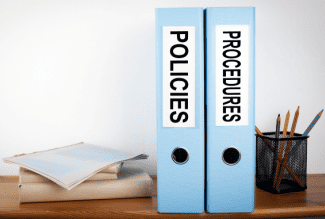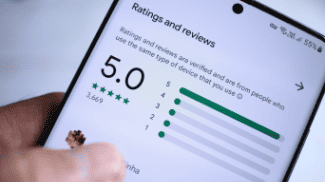Nothing stops Florida landlords from raising rents as high as they want

The situation is less dire in five other states — including Oregon, California, New York, Maryland and New Jersey — that have some form of rent control. In California, landlords are prohibited from increasing rents by more than 10% or by 5% plus the increase in cost of living, whichever is less. Some cities in California have their own limits as well.
In Oregon, rents are capped at 7% plus inflation. Contrast that with Florida. Rents have increased 21% in Palm Beach since the start of the year and 16.1% in Fort Lauderdale, according to data from Apartments.com, a listing service. Miami’s rents have jumped 11.6% since the beginning of the year. Desperate to get a lease somewhere, prospective renters have offered landlords up to a year’s worth of rent up front or even more rent per month than the landlord asked for. But that’s not a solution for many renters in a tourist destination where a large share of the workforce earns low wages working in restaurants, hotels and attractions. Even middle school teacher Cassandra Mederos and her family had to move in with her mother after their apartment in Pembroke Pines raised their rent by $300 a month.
Landlords “will do whatever they want because they know that people need a place to live,” she said. LEGISLATIVE FAILURE The possibility of changing that seems unlikely in Florida, said Broward County Commissioner Nan Rich, an outspoken advocate for affordable housing. “It’s getting worse,” Nan said. “People don’t always realize that it’s people that they deal with in business everyday, and in the service sector. It’s people who work in our doctor’s offices or people work as bank teller.” Florida law gives landlords broad discretion to raise rents as they see fit. Local governments are prevented from putting in any sort of price controls, including housing, unless they can prove that there is “a housing emergency so grave as to constitute a serious menace to the general public.”
Not only does local government have to prove there is a crisis, it must have an election to get an ordinance passed for any rent control program and then have a yearly election to keep the program going. For the past two years, Democratic state Rep. Anna Eskamani of Orange County has put forth a bill that would give local governments more power to set rent control or rent stabilization programs. Eskamani’s proposals would have abolished the requirement for annual voter approval. Her latest bill failed in a subcommittee in the Republican-dominated Legislature. Nan said Broward County is considering a budget that would increase funding for the Broward County Affordable Housing Trust fund from $5.6 million to $12.5 million. That’s money that can be used only for affordable housing.
ARE RENT CONTROLS THE ANSWER?
Some housing leaders see a need for rent controls to stabilize the market and protect lower-income renters. Capping rent increases also would help the South Florida economy by ensuring that workers have a place to live and can stay in the area, said Murray at FIU. But others argue that the key to controlling rent increases is building more rental buildings. A shortage of rental spaces inevitably leads to more demand than supply — and thus higher rents, they say. In Palm Beach County, for example, there is a need for an additional 6,683 rental apartments for 2020 to 2023, according to a housing needs assessment. Rather than rent controls, local leaders should address the issue by focusing on more affordable housing for workers or by eliminating single-family zoning to allow for more apartments, said Suzanne Cabrera of the Housing Leadership Council of Palm Beach County, a nonprofit organization that focuses on the need for affordable housing. Ken Morris, president of Morris Southeast Group in Fort Lauderdale, said rent controls would be difficult to achieve, as many developers need a certain return on the properties they build. Rent control can make it difficult.
Instead, policies need to focus on building workforce housing to make South Florida a place where people who work can actually afford to live, he said.
Source: Miami Herald















 Accessibility
Accessibility